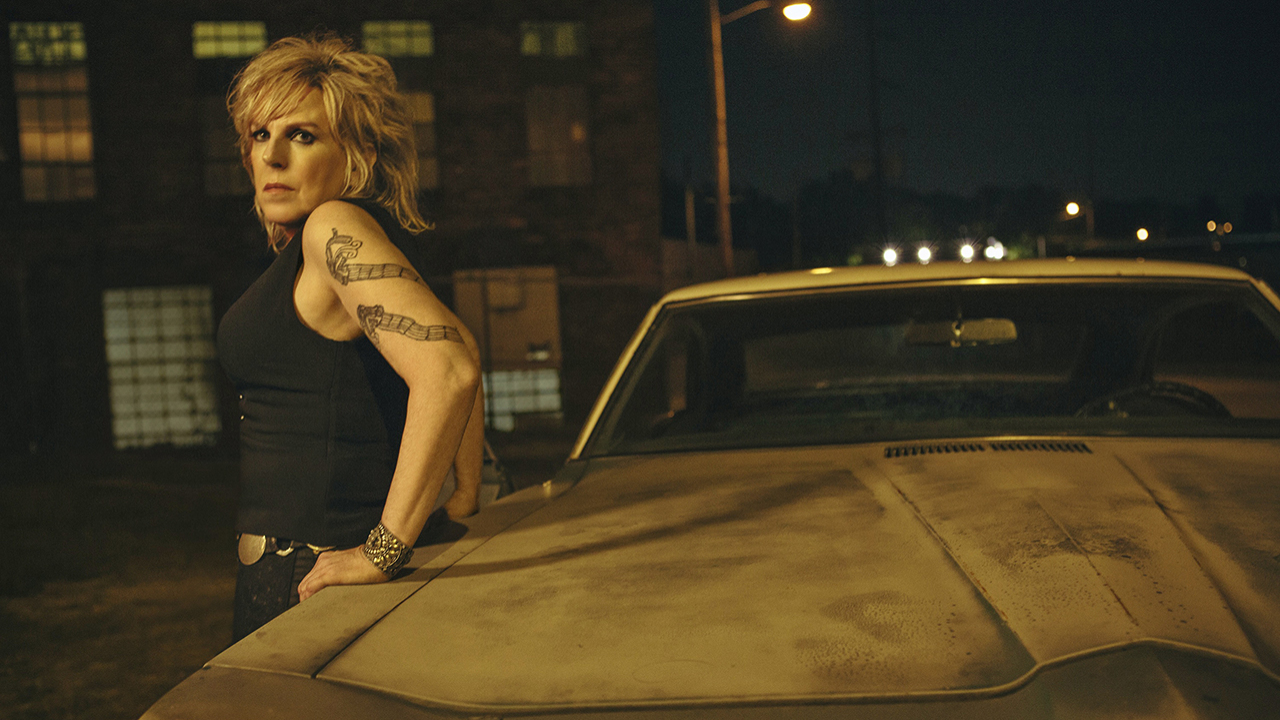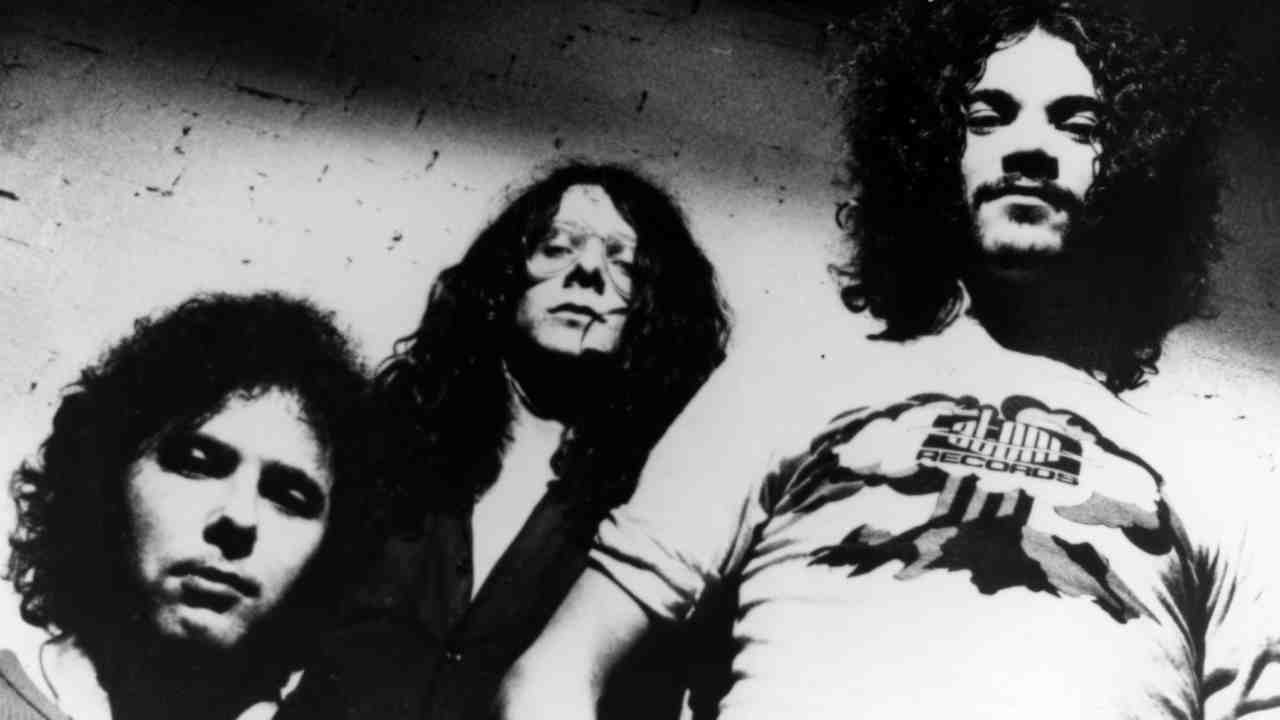Welcome Back: Lucinda Williams
The folk-country songwriter returns with a new album, but warns it might be “hard for people to listen to”.

Select the newsletters you’d like to receive. Then, add your email to sign up.
You are now subscribed
Your newsletter sign-up was successful
Want to add more newsletters?

Every Friday
Louder
Louder’s weekly newsletter is jam-packed with the team’s personal highlights from the last seven days, including features, breaking news, reviews and tons of juicy exclusives from the world of alternative music.

Every Friday
Classic Rock
The Classic Rock newsletter is an essential read for the discerning rock fan. Every week we bring you the news, reviews and the very best features and interviews from our extensive archive. Written by rock fans for rock fans.

Every Friday
Metal Hammer
For the last four decades Metal Hammer has been the world’s greatest metal magazine. Created by metalheads for metalheads, ‘Hammer takes you behind the scenes, closer to the action, and nearer to the bands that you love the most.

Every Friday
Prog
The Prog newsletter brings you the very best of Prog Magazine and our website, every Friday. We'll deliver you the very latest news from the Prog universe, informative features and archive material from Prog’s impressive vault.
Lucinda Williams isn’t kidding when she says her new album might be a difficult listen. The Ghosts Of Highway 20 delves into her past to unearth a batch of deeply personal songs about longing, hope, repression and the death of her parents.
It also happens to be an intensely beautiful record, one that bridges blues, country and roots-rock. Nearly 40
years after she first started out, the sexagenarian three-time Grammy winner is enjoying an extraordinary run of form.
What is it about highways and the American South?
I always loved Bob Dylan’s Highway 61 Revisited, which takes its name from the Mississippi Fred McDowell song, 61 Highway. And I moved around the South a lot as a kid. A few years ago we played in Macon, Georgia, and the town hadn’t changed much after all those years. I kept seeing all these exit signs for various towns – Jackson, where my sister was born, Monroe, where my mother’s buried, Vicksburg, where my brother was born. It was one of those wake-up moments.
This is your second album in sixteen months. You’re becoming more prolific with time.
Most other artists fizzle out when they get to my age. I’m not only prolific, I think I’m also at my peak. I know I’m singing better than I ever have and my writing is as good, or better, than it’s ever been.
Any qualms about including so many personal songs on the album?
Sign up below to get the latest from Classic Rock, plus exclusive special offers, direct to your inbox!
I’m at a point in my life where I just have to get this stuff out. I’m not just showing everybody my dirty laundry. People ask if I ever feel self-conscious about the songs I write, and the answer is no. This is what I do. This album is going to be hard for people to listen to. There’s a lot of songs about death, but it’s not a negative album. It’s actually a positive record.
If There’s A Heaven addresses the religious idea of being rewarded in the afterlife. At the same time there’s always a nagging doubt.
I wrote that song after my dad [poet Miller Williams] died. We all have questions about God and I think a lot of us wonder if there is a heaven and where we go after we die. My grandparents on both sides were Methodist preachers, but by the time I was born my dad was agnostic. So it was all very confusing. It’s difficult discussing spirituality, because I don’t have a religion. I was brought up with both worlds and didn’t want to decide between the two.
How important were guitarists Bill Frisell and Greg Leisz to the atmosphere of the record?
Those guys are the best. I surround myself with geniuses. The same goes for my own band. It’s not about the technology – it’s about the soul and the feeling and everybody connecting. I work with the best players and that’s why my album sounds so good, besides the fact I’m a great songwriter. I’m not saying that in an egotistical way. I don’t go in for all this faux-humble thing. You have to know you’re good, because if you don’t then you’re fucked. You need a certain self-confidence to be able to go up there and do this. Bruce Springsteen is more famous than I am, but I still feel like I’m as good as he is. I don’t care that I’m not as famous, because I don’t have to deal with all the shit that he does.
Freelance writer for Classic Rock since 2008, and sister title Prog since its inception in 2009. Regular contributor to Uncut magazine for over 20 years. Other clients include Word magazine, Record Collector, The Guardian, Sunday Times, The Telegraph and When Saturday Comes. Alongside Marc Riley, co-presenter of long-running A-Z Of David Bowie podcast. Also appears twice a week on Riley’s BBC6 radio show, rifling through old copies of the NME and Melody Maker in the Parallel Universe slot. Designed Aston Villa’s kit during a previous life as a sportswear designer. Geezer Butler told him he loved the all-black away strip.

